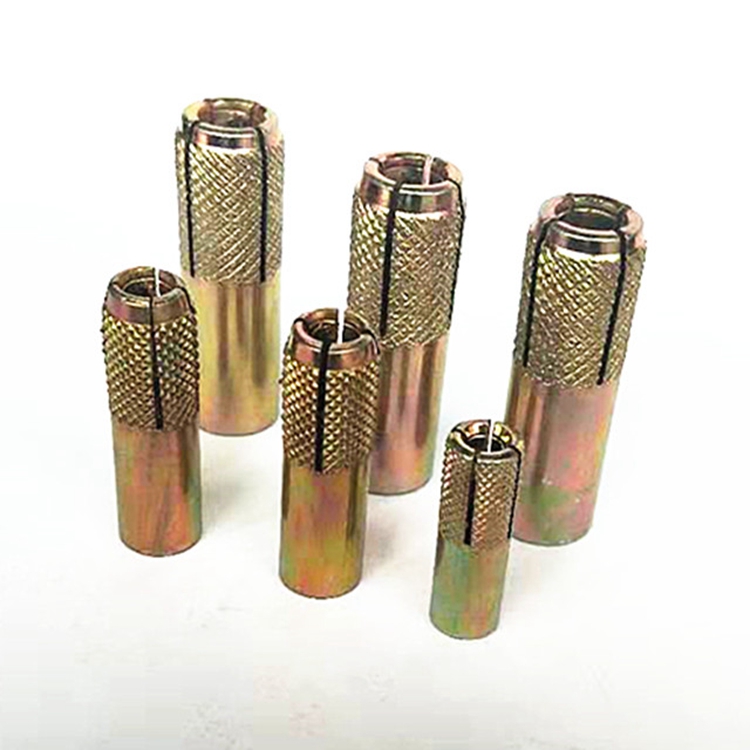dental implant screws factory
Nov . 25, 2024 13:22 Back to list
dental implant screws factory
Exploring the World of Dental Implant Screw Manufacturing
Dental implants have revolutionized modern dentistry, providing a reliable solution for tooth loss. At the heart of this innovation lies the intricate process of manufacturing dental implant screws. As these screws play a pivotal role in the stability and longevity of dental implants, understanding their production is crucial for both practitioners and patients alike. In this article, we will delve into the fascinating world of dental implant screw manufacturing and explore the factors that contribute to their quality.
The Importance of Dental Implant Screws
Dental implant screws are titanium or zirconia devices that are surgically placed into the jawbone. They serve as artificial tooth roots, providing the necessary foundation for crowns, bridges, or dentures. The success of a dental implant largely hinges on the quality of these screws, as they must endure significant forces during chewing and be biocompatible to prevent any adverse reactions in the body.
The Manufacturing Process
The manufacturing of dental implant screws involves several critical steps, each aimed at ensuring the final product meets the highest standards of quality and safety.
1. Material Selection The first step in manufacturing dental implant screws is selecting the right material. Titanium is the most commonly used material due to its excellent biocompatibility, strength, and resistance to corrosion. Some manufacturers also use zirconia, a ceramic material known for its aesthetic qualities and lower risk of metal allergies.
2. Machining Once the material is chosen, it is machined into the desired shape. This process often involves computer numerical control (CNC) machines that provide precision and repeatability. The machining process creates the screw's threads and other critical features necessary for optimal integration with the jawbone.
3. Surface Treatment The surface of the dental implant screw plays a vital role in its establishment within the bone. Various surface treatments, such as acid etching, sandblasting, or coated methods, enhance the screw’s ability to bond with the bone, promoting osseointegration. The right surface treatment can improve the screw's initial stability and long-term success.
dental implant screws factory

4. Quality Control Quality assurance is paramount in the manufacturing of dental implant screws. This includes rigorous testing for mechanical strength, dimensional accuracy, and biocompatibility. Manufacturers must adhere to strict regulatory guidelines to ensure their products are safe for use in human health.
5. Packaging and Sterilization After passing all quality checks, dental implant screws undergo sterilization processes to eliminate any potential pathogens. The typical methods for sterilization include gamma radiation or ethylene oxide sterilization. Once sterilized, the screws are packaged in airtight containers to maintain their sterility until they are ready for use in dental procedures.
Technological Advancements
As technology advances, so does the manufacturing of dental implant screws. The integration of additive manufacturing, commonly known as 3D printing, is revolutionizing the way these screws are produced. This method allows for the creation of complex designs that can lead to enhanced stability and osseointegration. Additionally, the ability to manufacture custom screws tailored to individual patient needs may soon become a standard practice.
The Role of Quality Assurance and Compliance
Given the critical nature of dental implants in healthcare, manufacturers must comply with various international standards and regulations, such as ISO 13485 and FDA guidelines. These regulations ensure that the manufacturing processes meet safety, quality, and efficacy requirements, ultimately safeguarding patient well-being.
Conclusion
The process of manufacturing dental implant screws is intricate and requires a combination of advanced technology, material science, and stringent quality control measures. For dental professionals, understanding the nuances of these products can enhance patient care and treatment outcomes. As innovation continues to shape the future of dentistry, the ongoing development of high-quality dental implant screws will remain a cornerstone of modern restorative practices, paving the way for healthier smiles around the world.
In conclusion, as dental implant screw manufacturers continuously improve their processes and embrace technological advancements, they contribute significantly to the field of dentistry. Patients and practitioners alike can expect even greater success from dental implants in the years to come.
Latest news
-
High-Quality Panel Stud Bolt Reliable Panel Stud Bolt Factory & Suppliers
NewsJul.08,2025
-
High-Precision Fine Thread Locknuts Manufacturer & Supplier Custom Solutions
NewsJul.08,2025
-
PH Imperial Stud Bolt – High Strength Fasteners from Leading Supplier & Factory
NewsJul.07,2025
-
High-Quality Allen Wrench Bolts Leading Factory, Company & Suppliers
NewsJul.07,2025
-
Wholesale Ball Stud Bolt - High Quality Supplier & Factory Price Reliable Wholesale Ball Stud Bolt Company
NewsJul.06,2025
-
High-Strength Alloy Bolts Manufacturer & Supplier Quality Alloy Fasteners Factory
NewsJul.06,2025
